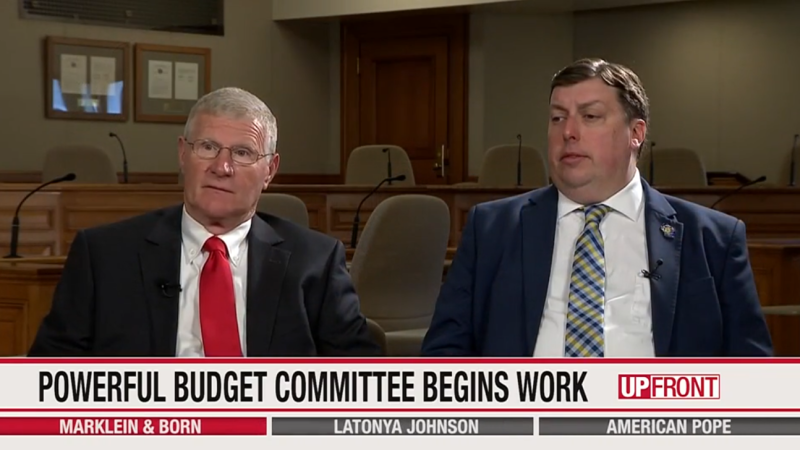The Republican co-chairs of the Joint Finance Committee said the GOP budget will aim to reduce the size of government as the pair brushed off concerns about the impact of looming cuts from the federal government. “I’m not overly concerned about it,” Rep. Mark Born, of Beaver Dam, said on WISN 12’s “UpFront,” which is produced in partnership with WisPolitics. “I think the federal government makes c...
Please log in to access subscriber content.
If you don't have a subscription, please contact schmies@wispolitics.com for subscription options on the WisPolitics-State Affairs platform, which is the new home for WisPolitics subscriber products.

